My understanding is nothing will happen.
For instance this code:
foreach (var some in (from u in possiblyNullCollection ) )
{
//
}
Should be guarded as:
if ( possiblyNullCollection != null )
{
foreach (var some in (from u in possiblyNullCollection ) )
{
//
}
}
Or is it safe to query a null collection?
